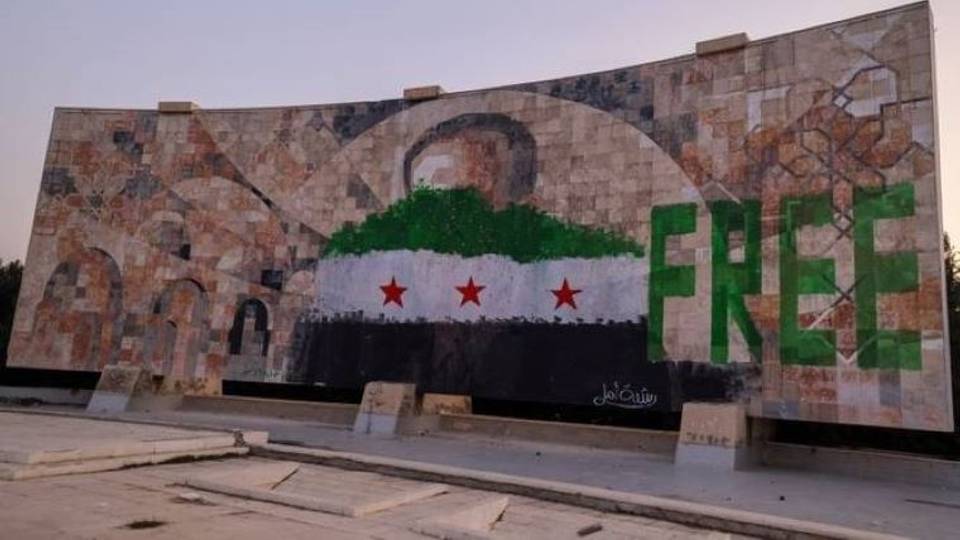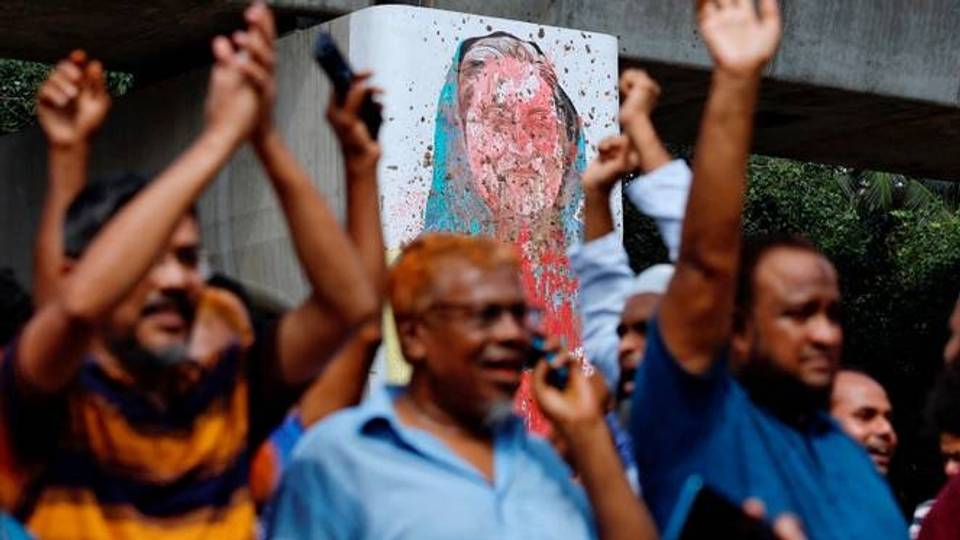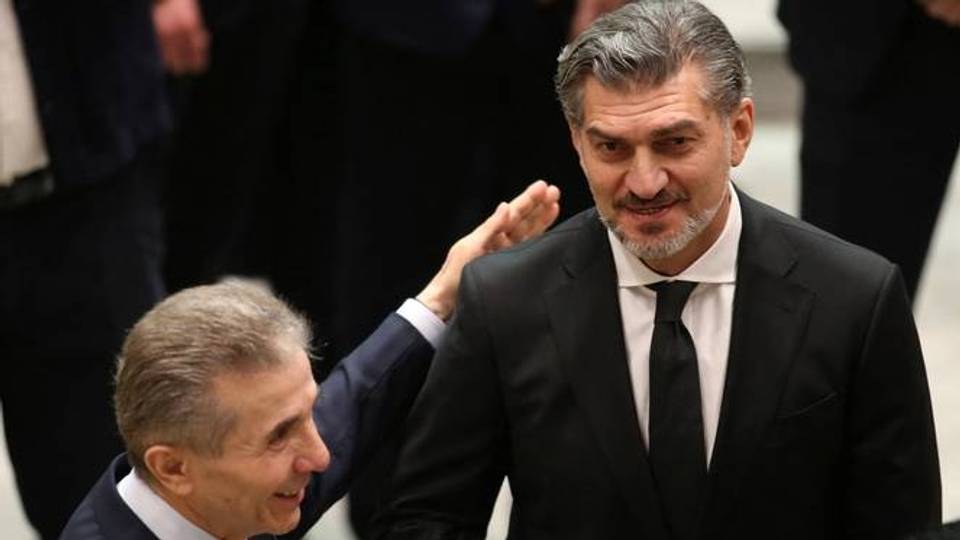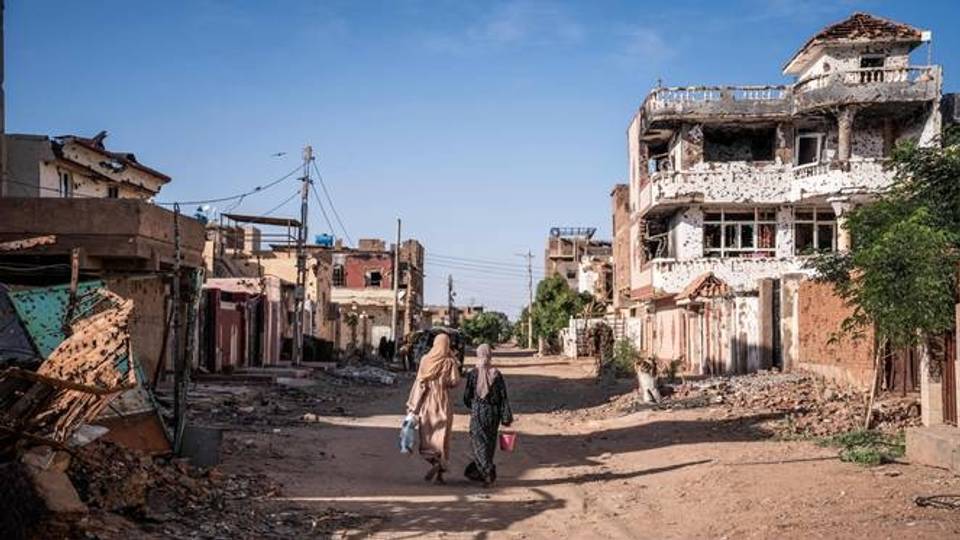Sport
Dollar
35,4721
-0.04 %Euro
36,6767
0.23 %Gram Gold
3.066,2100
0.42 %Quarter Gold
5.028,7800
0.82 %Silver
34,6200
1.47 %The people have been fighting for freedom for nearly a century, starting with the 1925 Great Syrian Revolt against colonial rule.

The toppling of Bashar al Assad and the regime change in Syria within two weeks of the opposition's advancements from Idlib and Daraa came as a shock to many. Assad's ouster came after 13 years of civil war. But it is actually the result of a process that started some 100 years ago.
On the fifth anniversary of the Syrian uprising in March 2016, commentators argued that the revolution had failed. Arab Spring turned into Arab Winter. And Syria especially turned into a cold case.
Revolutionary dynamics force us to think beyond geopolitical analysis, which focuses on the role of regional and global actors. In the case of Syria, this was achieved by the steadfastness of the Syrian opposition, who kept their memory fresh regarding the cruelties of the al Assad regime, even in the diaspora.
The social and political dynamics of the recent December 8th revolution in Syria will be analysed more thoroughly in the coming decades from different sides. If we are fortunate enough, we will read accounts from all parties involved about how the revolutionary blitzkrieg was achieved, and the reaction of the Assad family.

However, one thing should be clear by now: the Syrian revolution must be analysed as a continuation of a process that started not in 2011, but one that goes back in time to the anti-colonial Great Syrian Revolt against the French in 1925.
Revolution is a structure, not an event. Revolution is a generational phenomenon where every new generation learns from the experience of their forefathers. Revolution has eyes, ears, and a mind of its own. When the momentum is ready, it can be ignited and catch everyone by surprise. This is precisely what happened in Syria.
Generation of revolution
This may sound like an overstatement, but the modern political systems around the world haven't seen a shift like that has taken place in Syria. Yes, the overthrow of Assad came after the storm of the Arab Uprisings reached Damascus in 2011 and settled in 2024.
However, it cannot be compared to rapid regime changes that took place in other parts that were affected by waves of protests, such as Tunisia and Egypt.
Zine El Abidine ben Ali ruled Tunisia between 1987 and 2011. Hosni Mubarak ruled Egypt between 1981 and 2011. Ben Ali's reign came to an end after a 28-day campaign of civil resistance. Mubarak had to step down after 18 days of civil disobedience.
The call for change has always been the same, simple but constant, for the last 100 years, from 1925 to 2025.
When the winds of Arab Spring reached Damascus in 2011, the momentum and memory were still fresh from previous attempts to overthrow a dictator. This became more apparent after the gates of Sednaya prison were finally opened last month.
A case in point: Syrian Air Force pilot Ragheed Al-Tatari, who was jailed at the age of 27 years old in 1980 for refusing the military's orders to bomb civilians in Hama and freed after 43 years. The generation that initiated the earlier steps of the revolution came from different cultures, occupations, and cities.
The call for change has always been the same, simple but constant, for the last 100 years, from 1925 to 2025. When Syrians revolted against the French mandate system, their demands invoked the French Revolution's famous slogan: Freedom, Equality, and Brotherhood.
From its early days, in the Syrian example, on the other hand, a famous slogan was initiated by the regime and its supporters: "Assad or We Burn the Country." Indeed, this was the case after 13 years of civil war. 13 years, 8 months, and 23 days, to be precise.
Comments
No comments Yet




















Comment